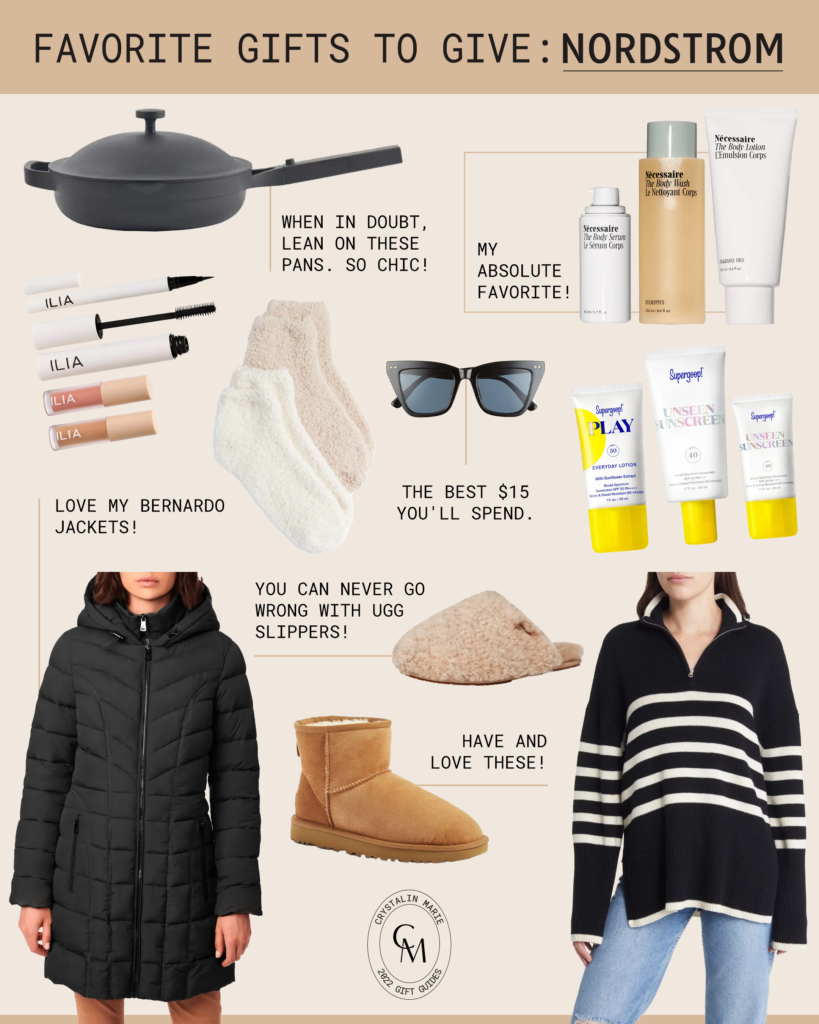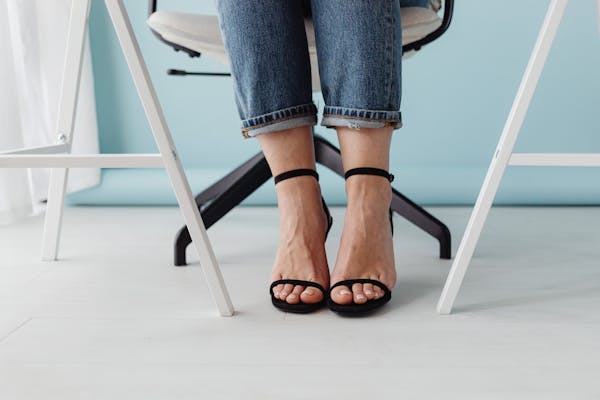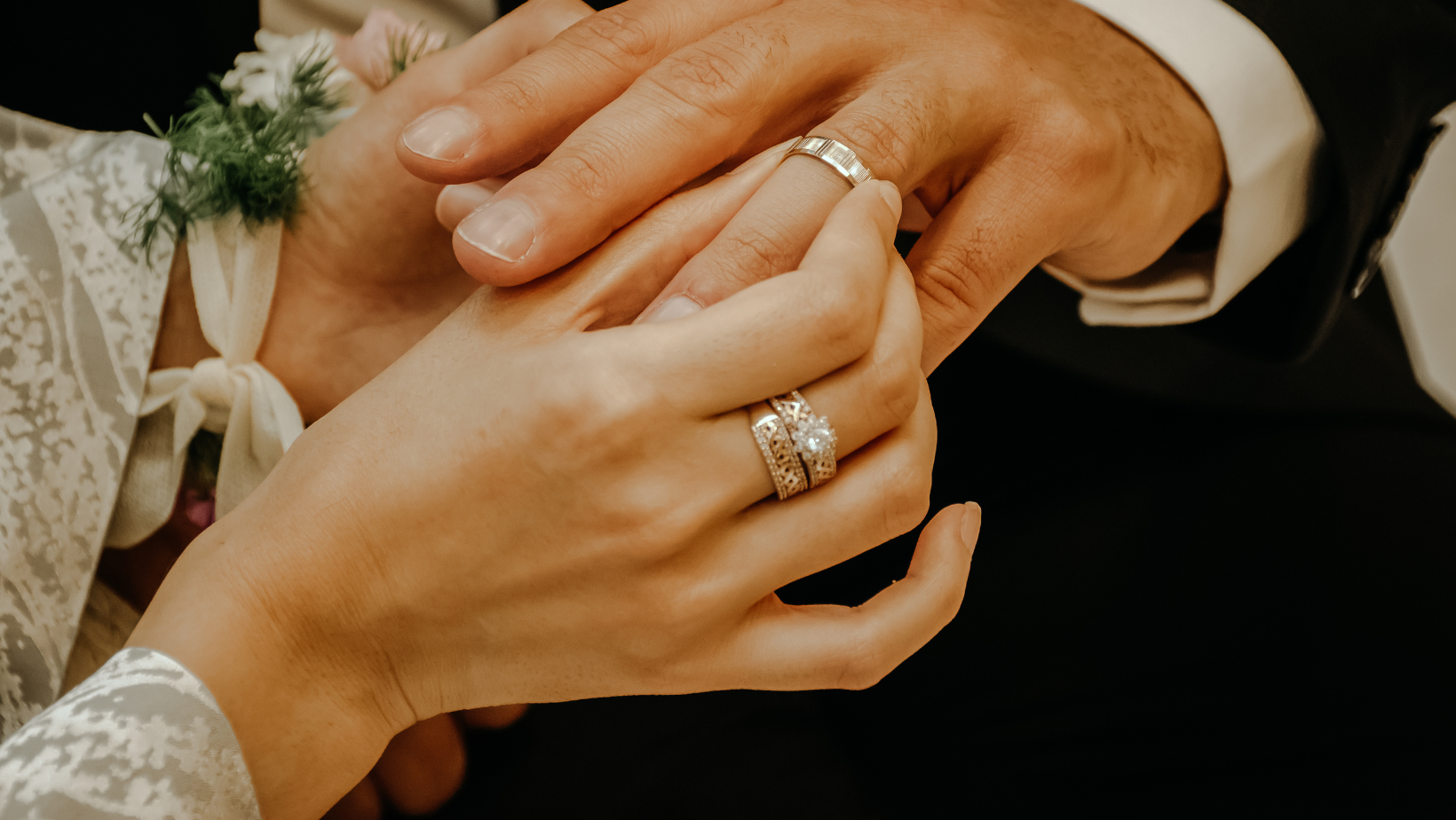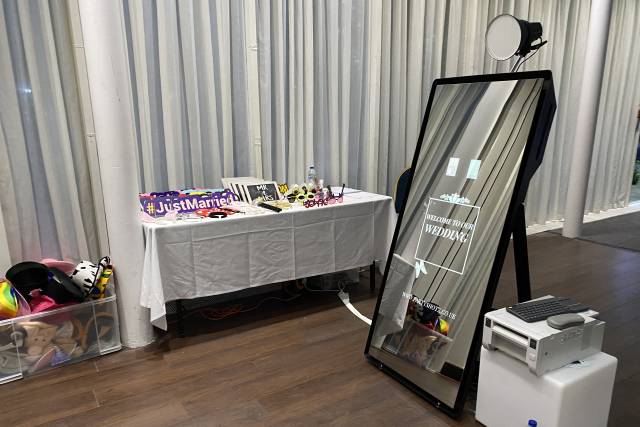Marc Jacobs Beauty Looks Beyond LVMH’s Kendo | The Business of Beauty, News & Analysis
Marc Jacobs Beauty launched in 2013. Getty Images
Marc Jacobs Beauty is unloading product and considering changes to the brand as its licensing agreement with Kendo enters its final months.
Customers have debated the label’s future since at least May on social media, with theories ranging from a vegan and cruelty-free reformulation to discontinuing the line entirely. That speculation has only ramped up as products from the colour cosmetics and skin care line were discounted by half on Sephora’s website, one of its wholesale partners.
A customer service representative for Marc Jacobs Beauty told BoF the brand would be relaunching. A spokesperson said the Marc Jacobs Beauty licensing agreement with Kendo ends later this year, and the brand is “exploring opportunities with a new partner.”
“Marc Jacobs Beauty is not being discontinued,” the spokesperson said. “Currently, we are in the process of strategising the best way to reach our global customer going forward.”
Kendo, the LVMH-owned beauty incubator, manufactures Marc Jacobs Beauty, as well as Fenty Beauty and Ole Henriksen; meanwhile, LVMH-owned Sephora sells the products. A spokesperson for Sephora declined to comment on whether the beauty retailer will continue to sell Marc Jacobs Beauty in the long term.
Marc Jacobs Beauty launched in 2013 and was expected to generate more than $20 million in North American sales in its first year, according to BoF reporting at the time. Since its launch, products like the $49 O!Mega Bronzer, $25 Fineliner eye liner, and $27 Velvet Noir mascara have become customer and makeup artist favourites.
In 2019, Marc Jacobs Beauty moved into skin care with the introduction of its YouthQuake moisturiser. The brand’s fragrance line is produced under a licensing deal with Coty Inc., and its 2020 Perfect fragrance was the company’s top launch in the US and UK that year. Additionally, Marc Jacobs ranks as the fourth most popular fragrance brand in both markets, up from tenth position in the US and seventh in the UK in 2019.
Other popular beauty brands, like Kylie Cosmetics, have undergone rebrands and reformulations in recent months, opting for vegan and cruelty-free products in keeping with the prevailing industry trends and consumer expectations. But in the case of Kylie Cosmetics, speculation surfaced that the rebrand was forced due to ongoing litigation with Seed Beauty and Coty Inc., where the former accused the latter of stealing trade secrets.
Whether Marc Jacobs Beauty undergoes a product and branding change depends on its contract with Kendo, and who owns the rights to the formulations, said Oliver Herzfeld, senior vice president and chief legal officer at Beanstalk, a branding firm that helps facilitate licensing deals for consumer goods. Licensing agreements are typically three- to five-years long, and usually up for renewal if the relationship is successful, he added.
“If the relationship is going well, [licensing partners] would have no reason not to renew the relationship, but ‘going well’ could be based on a lot of different factors like commercial success, how they’re behaving, royalty payment disputes,” Herzfeld said. “Ultimately the licensor has to protect its brand, that’s the number one thing.”
Related Articles:
What’s at Stake in the KKW Beauty Rebrand
The Art of Going Dark on Social Media
How Small Brands Get Big Media Attention
Disclosure: LVMH is part of a group of investors who, together, hold a minority interest in The Business of Fashion. All investors have signed shareholders’ documentation guaranteeing BoF’s complete editorial independence.






